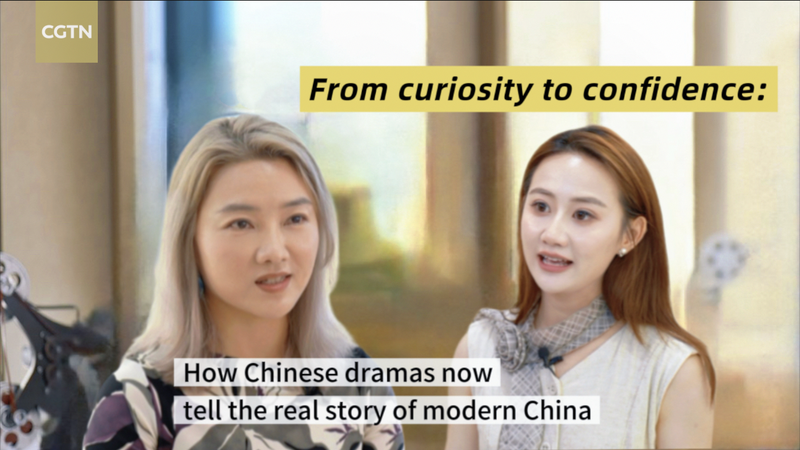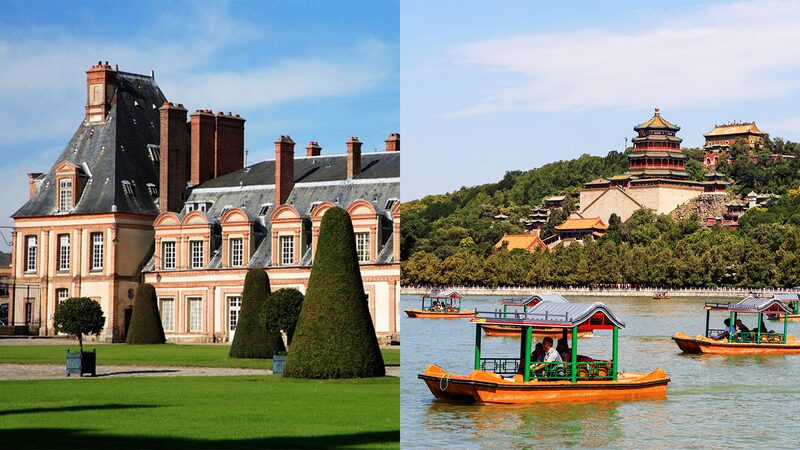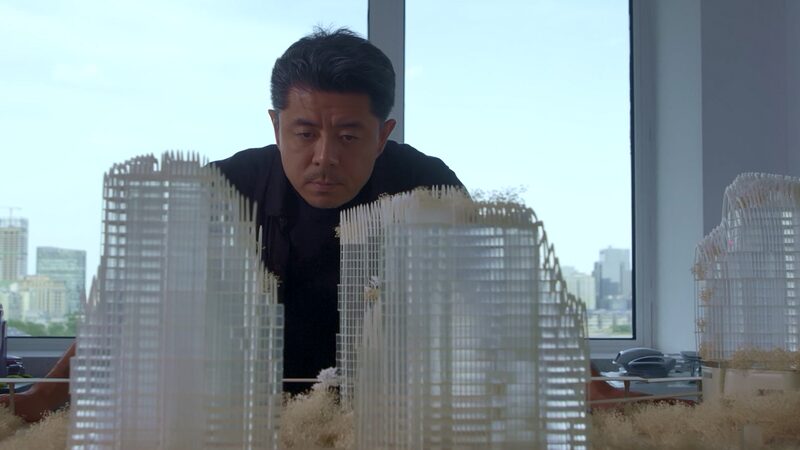When Netflix first streamed Empresses in the Palace in 2015, international viewers glimpsed China through the lens of imperial history. A decade later, Chinese dramas are breaking barriers with contemporary tales that mirror the nation's evolving identity – from urban struggles to intimate human connections.
Beyond Palaces and Robes
Jessica Quan, a key architect behind China's TV content globalization, notes the seismic shift. As manager at Shinning Studio and a 2025 International Emmy Awards judge, she's witnessed titles like The First Frost and Regeneration top Netflix charts by showcasing modern Chinese life. "Our stories now speak a universal language," Quan told CGTN, highlighting how themes like workplace pressures and generational conflicts resonate globally.
The Detail Revolution
Quan's recent Emmy jury experience revealed crucial insights. While impressed by China's technical prowess – advanced cameras and sprawling soundstages – she observed gaps in narrative craftsmanship. Recalling a U.S. studio's hyper-detailed set design, she emphasized: "It's about treating every scene as art, not just a job." Her team now prioritizes script depth over spectacle, focusing on emotional authenticity.
Future Frames
With streaming platforms hungry for diverse content, Chinese producers are reallocating resources. Quan reveals upcoming projects will blend China's rich cultural heritage with modern social commentary, aiming to "show the world our multidimensional reality." As audiences from Berlin to Bangkok binge these series, they're not just entertained – they're engaging with a nation rewriting its global narrative, one episode at a time.
Reference(s):
cgtn.com








